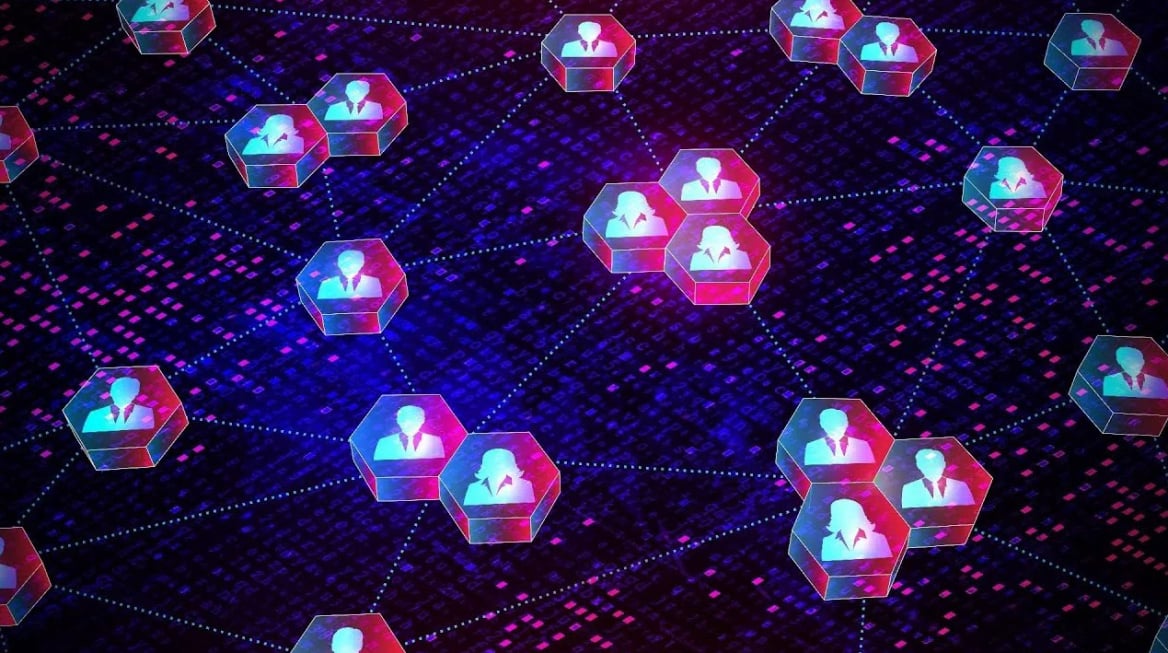
The Role of Tokens in Decentralized Governance
Decentralized Autonomous Organizations (DAOs) have revolutionized collective decision-making through blockchain-based governance tokens. These tokens represent voting rights, allowing holders to influence project directions without centralized control.
Governance tokens typically follow proposals-and-votes systems. Major decisions - from treasury allocations to protocol upgrades - require community approval. This democratic approach contrasts sharply with traditional corporate structures.
However, governance tokens face challenges. Low voter turnout is common, often concentrating power among large holders ("whales"). Some projects implement quadratic voting or delegation to mitigate this.
The value proposition of governance tokens extends beyond voting. Many protocols distribute fees or rewards to token holders, aligning incentives between users and developers.
Legal uncertainties surround governance tokens in some jurisdictions. Regulators debate whether they constitute securities, potentially affecting their classification and treatment.
Innovations like "liquid democracy" - where voters can delegate their tokens temporarily - aim to improve participation. Other experiments involve reputation-based systems beyond pure token ownership.
As DAOs mature, governance tokens may redefine how organizations operate globally. Their success depends on balancing decentralization with effective decision-making processes.